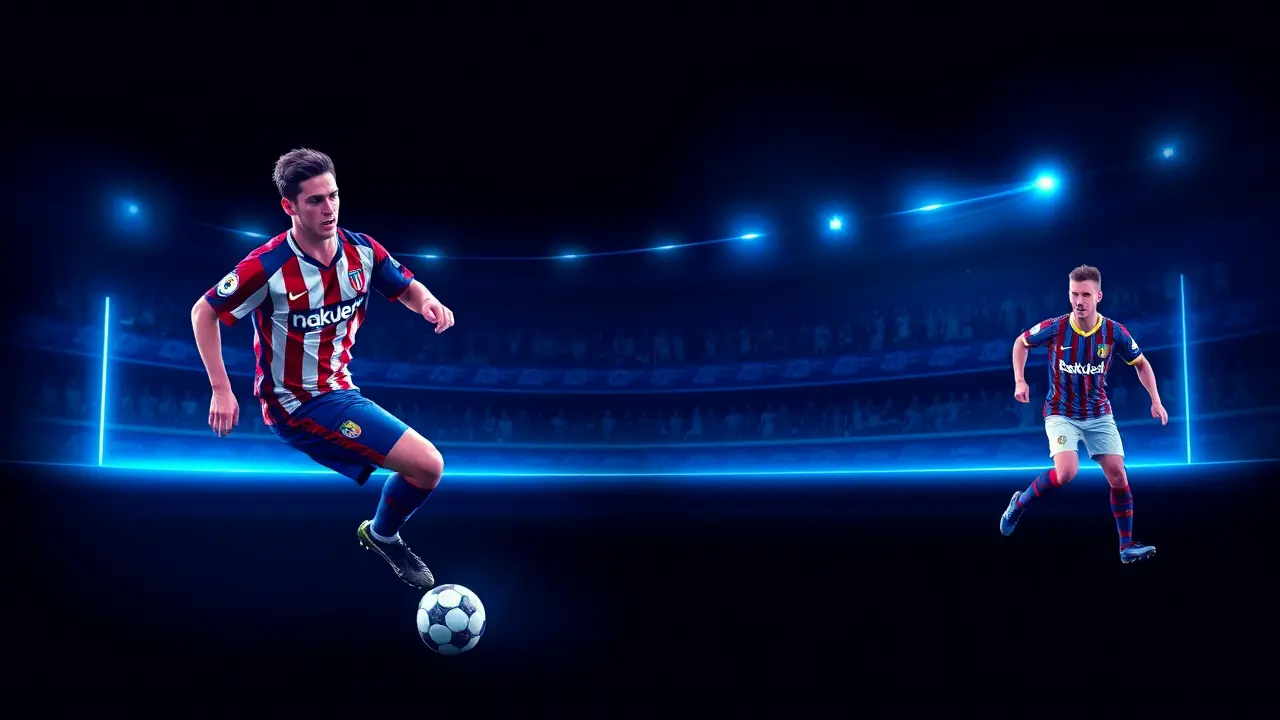Griezmann names Zidane best player in history, Messi second.
In a conversation that has sent shockwaves through the global football community, Atlético Madrid and French national team striker Antoine Griezmann made a definitive declaration, placing his compatriot Zinedine Zidane at the very pinnacle of football history, a statement delivered during a chat with popular streamer Ibai Llanos that felt less like an offhand comment and more like a carefully considered verdict. For a football analyst and a die-hard Barça supporter like myself, this hierarchy is a fascinating case study in legacy, nationality, and the eternal debate that fuels pub arguments and social media threads for generations.Griezmann, a player whose own career has been a masterclass in technical grace and relentless work rate, ranking Zidane—the maestro whose 2002 UEFA Champions League final volley for Real Madrid remains an indelible scar for Culés—above Lionel Messi, the Argentine sorcerer whose eight Ballon d'Or trophies represent a statistical Everest, is a bold testament to the intangible aura of 'Zizou. ' It’s not merely about the numbers, though Zidane’s World Cup, European Championship, and Champions League triumphs with different clubs form a formidable CV; it’s about the sheer artistry, the balletic control in midfield, the way he could dictate the tempo of a match with a single, imperious touch, a quality that resonates deeply with a fellow Frenchman who grew up watching him lead Les Bleus to glory.Placing Messi in second is its own monumental acknowledgment, a nod to a career of supernatural consistency and goal-scoring feats that defy physics, yet Griezmann’s ordering suggests that for him, the complete, clutch-performance package on the grandest international stages—Zidane’s two headed goals in the 1998 World Cup final being the ultimate example—carries a weight that even Messi’s Barcelona-era dominance cannot surpass. The list then descends into further intriguing territory: the late, great Diego Maradona, another mercurial genius whose 1986 World Cup is the stuff of legend; Johan Cruyff, the philosophical architect of modern football whose influence transcends his on-pitch wizardry; and perhaps most surprisingly, David Beckham, whose inclusion speaks volumes about the enduring power of iconic moments and unparalleled dead-ball mastery, a reminder that legacy is built on more than just trophies, but on cultural impact and that one perfect, bending free-kick against Greece.This isn't just a player's personal list; it's a Rorschach test for how we evaluate greatness. Do we prioritize technical perfection and longevity like Messi’s? The explosive, era-defining moments of Maradona and Zidane? The revolutionary ideology of a Cruyff? Or the global icon status of a Beckham? Griezmann’s hierarchy, weighted with national pride and a deep appreciation for midfield generalship, provides a compelling, if debatable, answer. It ignites the age-old conflict between cold, hard data and the warm, subjective feeling of witnessing pure, unadulterated genius—a conflict that ensures football’ pantheon will never have a universally agreed-upon occupant for its top step, and frankly, that’s what makes the beautiful game so endlessly captivating.
It’s quiet here...Start the conversation by leaving the first comment.
© 2025 Outpoll Service LTD. All rights reserved.
